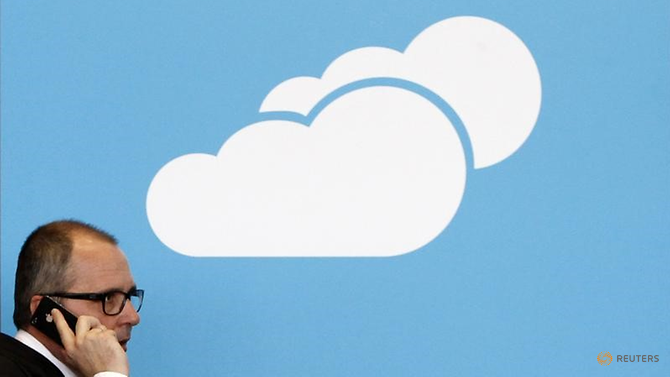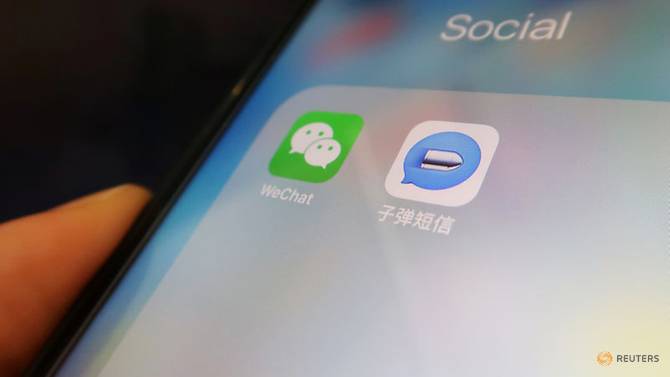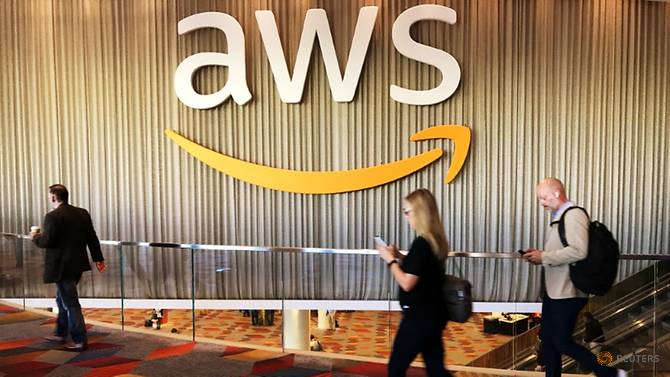PH Resorts Group Holdings Inc, the gaming entity controlled by local billionaire Dennis Uy, has…

The Chinese government appears to have shown the right foresight, starting about 10 years ago, in blocking access to Facebook and Google in the country, says a commentator.
BEIJING: Media reports over the past year have highlighted horrific accounts of data breaches of confidential information, which were captured from Facebook accounts.
Accordingly, some have said the Chinese government appears to have shown the right foresight, starting about 10 years ago, to block its citizens from logging on to Facebook and Google in the country.
SITTING TARGETS
Facebook’s recent data breach that involved about 50 million accounts was a case of spammers stealing information to sell to companies that compose and analyse gleaned data that are then sold to other companies for marketing and advertising purposes.
Although this loss of personal information is not the first and should not surprise Facebook users, it serves as a sharp reminder that if hackers or a country’s enemies want to uncover intimate details about our personal lives, they can do so very easily.
With new advancements in science and technologies, criminals are seeking new ways to exploit these for selfish gains.
In the smartphone era, hackers can cause greater mischief and mayhem than ever before, especially with the rising popularity of cloud services, in which firms store and protect huge amounts of personal data coming from mobile and internet users.
Cloud services companies have become sitting targets for hackers. Before the onset of the cloud, hackers could only focus on one computer or mobile device at a time.
It was easier for them to hack such devices, but more difficult for them to gather the huge mass of personal information, since it was so time-consuming.

But with cloud services, hackers could target such companies to try to enter a vulnerable back door and gather a treasure trove of personal information stored from millions of mobile devices.
Hackers understood that stealing Big Data from Facebook and Google would lead to a road of riches for them.
YET MORE USING GOOGLE AND FACEBOOK
As of mid-2018, Facebook has reported over 2.23 billion active monthly users, according to Statista, while the figures are even higher for people who use Google to search for information daily.
Facebook and Google generate much of their respective revenues by recording the history of those who use their sites and keeping track of their traceable “digital footprint”.
With large troves of data, they can break these down with algorithms and develop useful reports filled with statistics and trends that can be sold to corporations and even governments worldwide.
THE CHINESE APPROACH DOESN’T SEEM SO UNATTRACTIVE AFTER ALL
Accordingly, Beijing believed it was in the nation’s best interests to promote Chinese companies to do the same as Facebook and Google, while blocking the Silicon Valley tech giants.
Baidu is widely seen as China’s version of Google and Tencent’s WeChat, with more than 1 billion users, can be considered China’s Facebook equivalent.

Although there had been numerous public revelations of data breaches suffered by US-based tech firms, Chinese tech giants, called, BAT (Baidu, Alibaba Group and Tencent) have appeared to be much more effective at protecting the personal information of their inter-connected mobile and internet users.
Are Chinese tech companies better at fending off hackers?
It is worth bearing in mind that when Barack Obama was President, he had close ties with Facebook and Google.
It was during then that news outlets had broken a story in June 2013, disclosing disturbing details about a US government-backed programme, known as PRISM, which allowed the US National Security Agency and Federal Bureau of Investigation to directly harvest data from emails, audio on phone calls, texts, and instant messaging all from internal servers of nine major technology companies – though these companies have since categorically refuted these claims.
When Beijing heard details about this groundbreaking story, it probably reconfirmed their suspicions that Chinese users connecting to Facebook and Google were placing China’s national security interests in grave danger.
Meanwhile, the US government itself is not free from vulnerabilities to cyber-espionage or hackers. In 2013, Amazon Cloud Services had won a US$600 million contract that allows the CIA to share top-secret information with other intelligence agencies.
Although Amazon’s Web Services says its systems are capable of providing “Top Secret” level security that safeguards Washington’s massive trove of secrets, no doubt the deal makes the company an alluring target.

There is no telling how many would-be spies have already applied for jobs at the Seattle-based company.
Regardless, we certainly cannot rule out the possibility of future data breaches when it comes to high-profile US tech firms.
The world can only hope that these do not lead to catastrophic consequences, such as terrorists or enemies gaining access to the Pentagon’s deadliest secrets such as how the US Armed Forces’ smart technology weapons-guidance systems work and how to gain access to them.
For now, it looks as if China is fully aware of such risks and doing its best to avert that.
Tom McGregor is a commentator on Asia-Pacific affairs based in Beijing.
Source: CNA/nr(sl)


